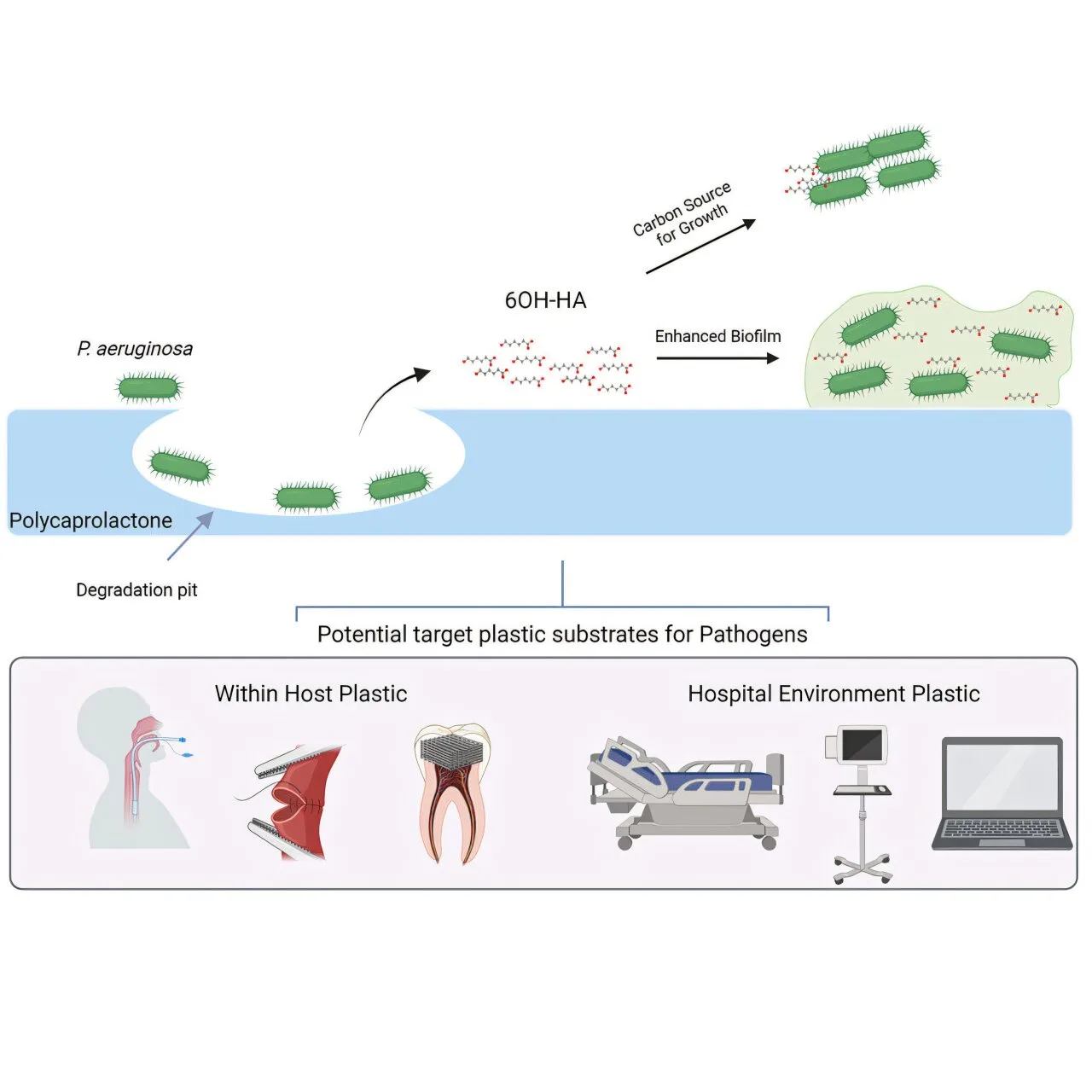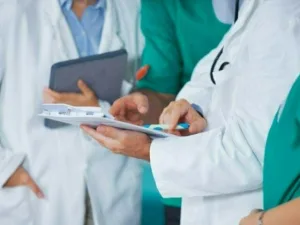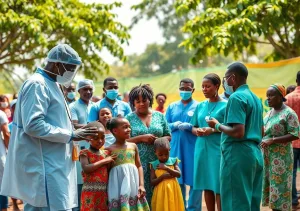Hospital Superbug Evolves: Now Digests Medical Plastic
A concerning discovery has emerged from the world of microbiology: Pseudomonas aeruginosa, a bacterium already known for causing hospital-acquired infections, has evolved the ability to break down medical-grade plastic. This includes materials used in sutures and implants, raising significant concerns about infection control and the longevity of medical devices.
The Threat of Pseudomonas aeruginosa
Pseudomonas aeruginosa is a common bacterium that can cause infections in the blood, lungs (pneumonia), or other parts of the body after surgery. It’s particularly dangerous for individuals with weakened immune systems. Its newfound ability to degrade plastics adds a new dimension to the threat it poses.
Why is this concerning?
- Compromised Medical Devices: The breakdown of sutures and implants could lead to device failure, requiring additional surgeries and increasing patient risk.
- Biofilm Formation: As the bacteria consume the plastic, they can form biofilms – communities of microorganisms that are highly resistant to antibiotics and disinfectants.
- Increased Infection Risk: The degradation process may release harmful byproducts, further contributing to infection and inflammation.
How Did This Happen?
The evolution of this plastic-digesting ability is likely a result of the bacteria adapting to its environment. In hospitals, where medical plastics are prevalent, Pseudomonas aeruginosa may have gradually developed the necessary enzymes to break down these materials as a source of nutrients. This is a classic example of natural selection in action.
The Science Behind It
Scientists believe the bacteria produce specific enzymes that can break the chemical bonds in the plastic polymers. This process effectively turns the plastic into smaller, digestible molecules that the bacteria can consume.
What Can Be Done?
Addressing this emerging threat requires a multi-faceted approach:
- Enhanced Hygiene Protocols: Hospitals need to reinforce strict hygiene protocols to minimize the spread of Pseudomonas aeruginosa.
- Antimicrobial Materials: Developing medical devices with antimicrobial properties can help prevent bacterial colonization and degradation.
- Alternative Materials: Exploring the use of alternative, biodegradable materials for sutures and implants may reduce the risk of bacterial degradation.
- Continued Research: Further research is crucial to understand the mechanisms behind this plastic-digesting ability and develop effective countermeasures.
Final Overview
The discovery of Pseudomonas aeruginosa‘s ability to degrade medical plastic is a serious concern. It highlights the adaptability of bacteria and the importance of vigilance in infection control. By implementing robust hygiene practices, developing innovative materials, and investing in further research, we can mitigate the risks associated with this evolving superbug and protect patient safety.




+ There are no comments
Add yours